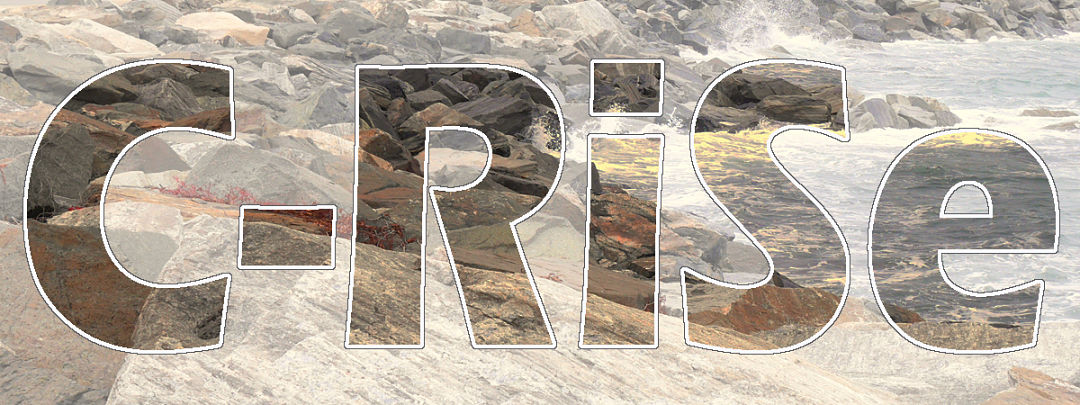Project Portal
Climate Risk in the Seacoast (C-RiSe)
Assessing Vulnerability of Municipal Assets and Resources to Climate Change
Completed in March 2017, the Climate Risk in the Seacoast (C-RiSe) project assessed climate change impacts to the built and natural environments of the ten tidally influenced municipalities surrounding New Hampshire’s Great Bay Estuary. Project partners included the: NHDES Coastal Program, Rockingham Planning Commission, Strafford Regional Planning Commission, UNH Stormwater Center, NH GRANIT, and the NH Geological Survey. The Rockingham Planning Commission and Strafford Regional Planning Commission completed vulnerability assessments that mapped and quantified potential sea-level rise and coastal storm surge impacts to transportation systems, critical facilities and infrastructure, and natural resources for each municipality. Follow-on outreach and technical assistance was also provided to each municipality to inform municipal leaders about coastal flood risks and identify options for incorporating vulnerability assessment results and adaptation strategies into local planning efforts. The municipal assessment reports were designed for future inclusion in local hazard mitigation programs. The UNH Stormwater Center improved an existing model to simultaneously assess hydraulic capacity, aquatic organism passage, and geomorphic compatibility at various storm flows for a selection of culverts in each municipality. NH Geological Survey staff performed quality control review of the culvert assessment data for compliance with state database standards and worked with NH GRANIT to get the data served on the NH Statewide Asset Database Exchange (SADES), and ultimately the NH Coastal Viewer for public consumption. Modeling results will enable municipalities to identify and prioritize culverts for retrofit/replacement that have inadequate flow capacity and/or prevent aquatic organism passage.

